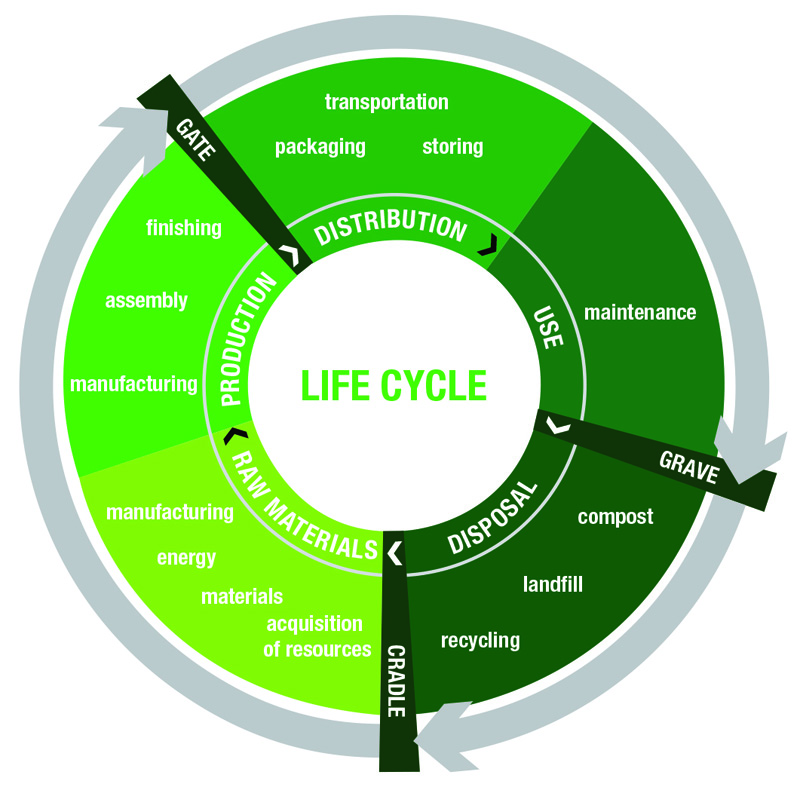
Various aspects of transparency
Determining what type of product transparency is right for the project or product selection depends on several factors, including why product transparency is being pursued. If the answer to this question is to achieve certification, then the requirements are defined in the building rating standard, but if the goal is to encourage healthy materials, it is better to request LCA or material content disclosure.
Some companies may be reluctant to provide the exact formulation for a product for competitive reasons, but may be willing to provide a third-party certification focused on material ingredients, such a Material Health Certificate. These certificates are based on the material health assessment method in the Cradle to Cradle Certified Product Standard, and provide manufacturers with a way to communicate how they are working toward chemically optimized products without actually disclosing the product ingredients.
Conclusion
While LCA and EPDs are not always comparable, they are both directional indicators a company is willing and committed to improving its environmental footprint. However, certifications and tools like LCA software are expensive, and having more certifications is not always indicative of better environmental performance. It is important to be educated to make the best product selection decisions based on what is important to the design/construction professional and to clients.
Amy Costello, PE, LEED AP, is a sustainability manager with Armstrong Flooring, developing and managing the company’s sustainability strategic initiatives and working closely with technical, marketing, and sales departments. Costello is on the U.S. Green Building Council’s (USGBC’s) Board of Directors Advisory Committee and Indoor Environmental Quality Technical Advisory Group, and also chairs ASTM’s Sustainable Manufacturing subcommittee. She holds degrees from Randolph-Macon Woman’s College and Virginia Commonwealth University, and is a licensed professional engineer. Costello can be reached via e-mail at aacostello@armstrongflooring.com.




